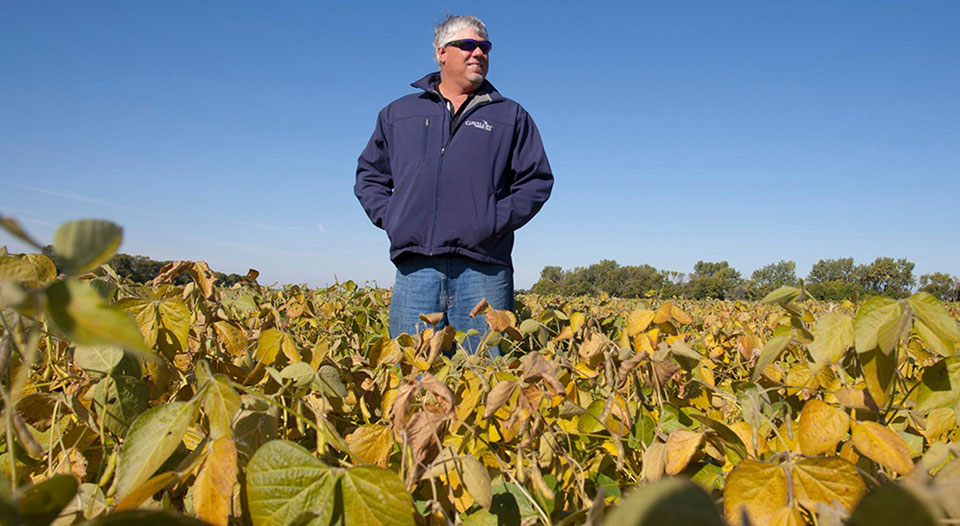
For too long a handful of corporate banks have controlled the financial destiny of the overwhelming majority of Americans. Throughout American history, a commercial oligarchy was responsible for feeding corporate greed and when markets collapsed from too much debt and not enough resources to adequately fund it, countless millions of workers and their families paid the price for other people’s folly and suffered disastrous consequences.
In recent years there have been severe recessions, collapsing financial markets, and subsequent government bailouts of corporate banks, protecting the interests of stockholders at the expense of depositors and helpless debtors.
There are alternatives to corporate banking though there are very few available to consumers.
The traditional savings, or building and loans, prominently featured in the Christmas classic “It’s A Wonderful Life,” are being swallowed up and taken over by larger corporate banks as a direct result of banking deregulation in the 1980s.
Recently there have been proposals in various states to authorize the creation of state-owned banks. There is already one state-owned bank in North Dakota that has been in existence for nearly a century and has been very successful in providing loans and other means of financial support to small farmers and business owners, as well as consumers.
The Governor of New Jersey, Phil Murphy, has also proposed a state-owned bank and made it part of his campaign platform when he ran for governor in 2017. In 2018 a bill to establish such a bank was introduced in the state legislature, and in 2019 Murphy signed an executive order creating a commission, known as the Public Bank Implementation Board, to provide exact details on how the bank would be established.
That same year California Governor Gavin Newsom signed into law the Public Banking Act which empowers county and municipal governments to establish their own community owned banks, and last year the New York Public Banking Act was introduced in the New York State Assembly, and the State Senate. Unfortunately, the recent pandemic, and fierce opposition from corporate banking and business interests, have delayed and frustrated attempts to proceed with successfully establishing publicly owned banks.
Despite setbacks, efforts to create publicly-owned banks have moved forward. Following his election victory for a second term, Phil Murphy reiterated his commitment to creating a state-owned bank in New Jersey. He cited the pandemic and its financial impact on consumers, small businesses, and local communities as even greater justification for moving forward to create a state-owned bank. Just as the state-owned Bank of North Dakota was established to provide relief for farmers and small businesses affected by the severe financial impact of the Great Depression, a state-owned bank in New Jersey can provide the same services to those financially injured by the pandemic.
The New Jersey Public Bank Implementation Board has held virtual meetings during the pandemic to focus on four areas of concern: small businesses, student loans, local infrastructure, and affordable housing. On January 24 the first in a series of public hearings, sponsored by the New Jersey Work Environment Council, was held and included testimony from labor, community leaders and organizers, students, environmental activists, and small business owners about the need and advantages of a public bank for New Jersey. However, there have been delays in implementing legislation, both logistical and political, so the framework for establishing a public bank in New Jersey will likely not be available for at least two years.
There has also been some recent progress in California by local communities to take advantage of California’s public banking law allowing local government and municipalities to establish their own public banks. On June 15 2021 the San Francisco Board Of Supervisors unanimously approved an ordinance establishing a Working Group to study various proposals and means for establishing a municipal bank and submit a plan for approval by the Supervisors which would then be forwarded to the California Department Of Financial Protection And Innovation.

There are other towns, cities, and counties in California moving forward to establish their own public banks in accordance with California law. The first step in establishing a public bank is a viability study, and led by Santa Cruz County several other counties are interested in pursuing that option as well. Last Spring the City of Los Angeles Economic Development and Jobs Committee approved a motion to establish a municipal bank. The measure now has to go before the full City Council to approve the measure so that it can be implemented.
Other states are beginning to explore the possibilities and advantages of public banking. Last year the New York Public Banking Act was introduced in the New York State Senate (S.1762.A) and Assembly (A.8290). The bill has the backing of more than 150 groups and organizations promoting economic justice and community reinvestment, who have signed an open letter addressed to the leadership of the New York State Assembly and State Senate. Many members of the New York Senate and Assembly have publicly announced they will support this bill. Supporters of public banking in New York, including state, local and community-owned banks, cite the example of numerous state-owned, public banks in other countries around the world that have been successful in generating significant revenues for economically disadvantaged communities and families. They also point to the tremendous success of the only state-owned bank in the US, the Bank Of North Dakota, which is the model for a state-owned public banking system.
More reasons to support public banking include the community reinvestment of large funds that have been made available to state and local communities as a result of post-pandemic federal support and subsidy of numerous programs and projects to benefit those most affected by the pandemic. The federal government has provided almost a trillion dollars to states and local communities to assist with recovery efforts. Community activists have been urging the creation of public banks in several states to make sure that post-pandemic funds are reinvested in local communities assuring that residents who are most in need receive the financial support that they are entitled to and that government funding is not used by corporate banks and large businesses simply to increase their profits.
Another issue in favor of public banks is the facilitation of revenues deposited from the sale of cannabis products. Current federal law prohibits the use of banks to transact business related to the distribution and sale of cannabis products. There are several proposals in Congress to address the issue of cannabis regulation to enable banks that want to provide financial services to the cannabis industry. However, there is widespread and intense opposition to any reform from entrenched interests opposed to any kind of legal form of cannabis sale and usage. Once the issue of federal regulation has been resolved it would be easier for public banks to service accounts related to the cannabis industry than it would be for corporate banks which have to answer to shareholders and commercial interests.
The last few years have seen increased momentum and support for the formation of public banks. Several states have already initiated legislative proposals to provide for state-owned banks, such as New Jersey, or enable local communities and municipalities, as in California, to establish their own community banks to serve the financial needs of their residents who otherwise might not have access to services provided by corporate financial entities. With stimulus from post-pandemic spending as well as the cannabis industry, the next few years should see even more impetus for public banks to join the century-old, firmly, and successfully established Bank Of North Dakota.










